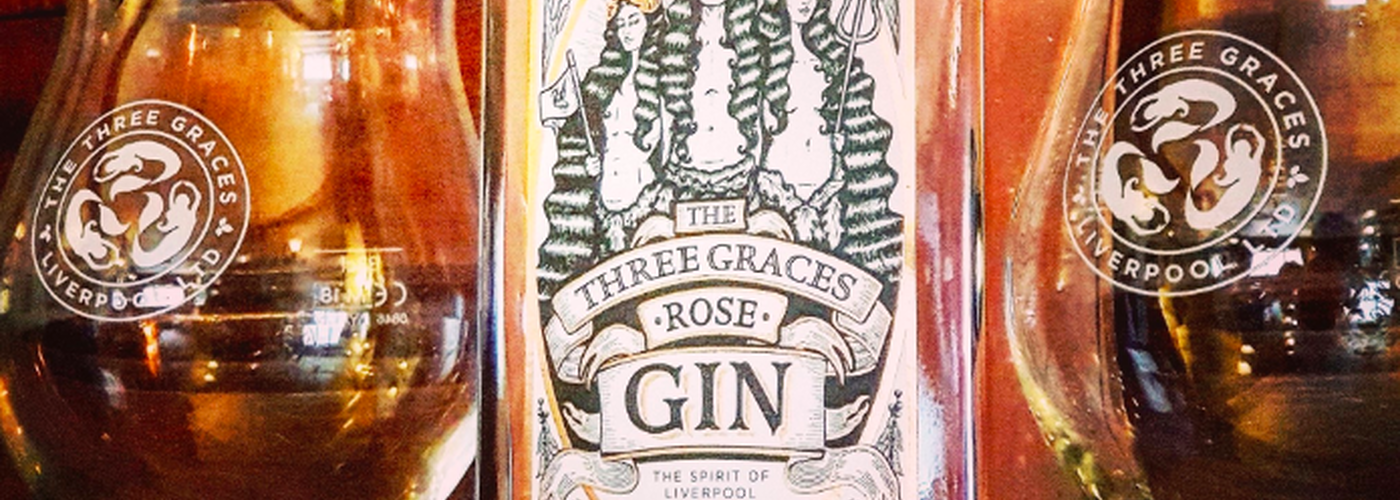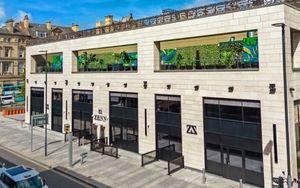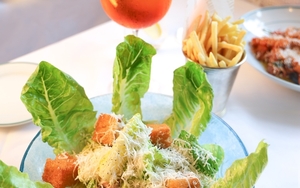Volunteer Canteen landlord is in the pink after chance encounter with dad and lad
THEY call it the spirit of Liverpool and people still talk about the night it was unleashed.
The scene: legendary Waterloo public house the Volunteer Canteen, a place steeped in the history of the Napoleonic Wars; its regulars steeped in everything else.
Now it is home to a brand new rose gin, Three Graces, a homage to the city and the realisation “of a dream” by the pub’s young landlord after a chance conversation by the Marina.
The words Liverpool and gin in the same sentence are nothing new. The Belvedere pub, at the other end of the city, created its prized marque in 2013, in conjunction with the Liverpool Organic Brewery. But now that it is owned by the people who make Lambrini and Crabbies cider (don’t ask), for many the spirit has gone.
Market research shows there’s another year in gin. We’ve come to the party late, but not too late...
Created by Alan Hutchinson, his son Drew Hutchinson and the Vollys Sam Mercer, Three Graces is a very different creature. For a start it’s ever such a powder shade of pink, which comes from rosebud essence. It contains eleven botanicals, including classic juniper berries, coriander, Angelica root, orange peel and lemon peel. The result is quite something.
“I met these two guys, a father and son, by chance at the Waterloo Community Festival last August,” says Sam, 31. “We got chatting. I had a concept for a gin, the brand and the story. Their names were Alan and Drew and it turned out they imported Belgian beers and Hungarian wines. They were keen enough to do it. They had the market knowledge.”
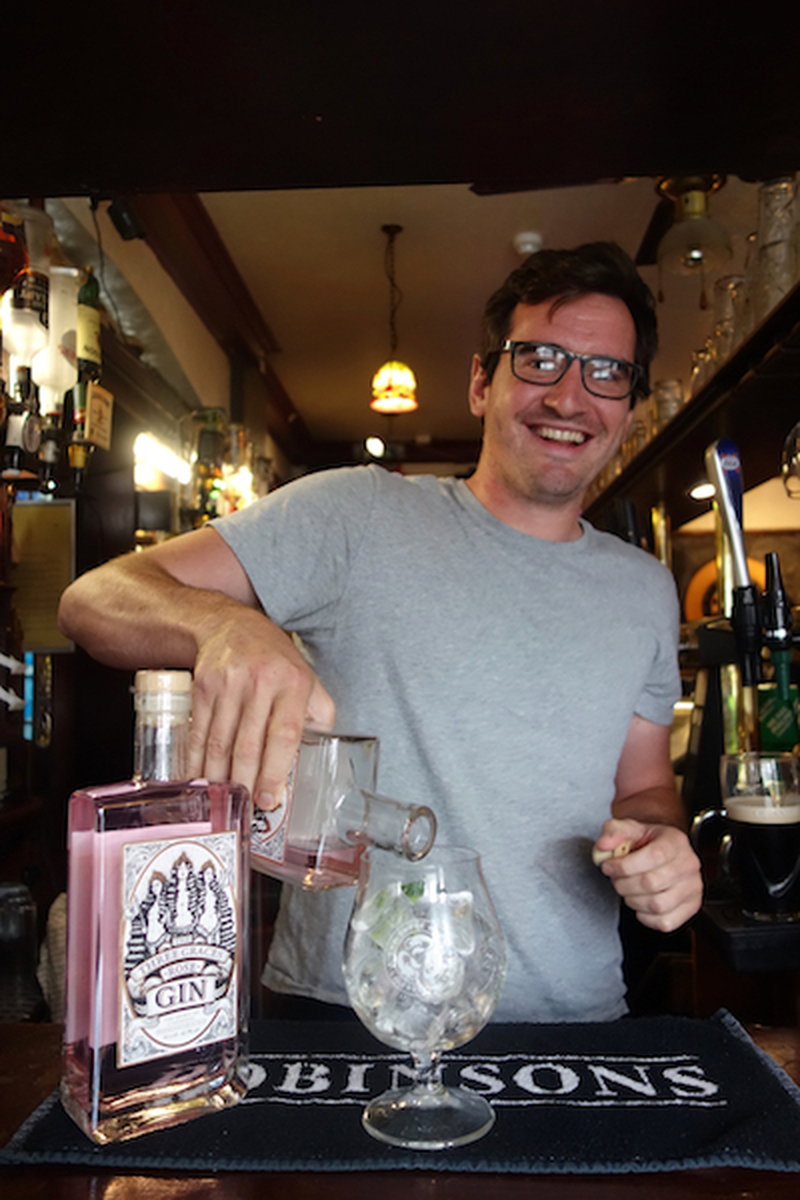
It has to be said, the market, like that launch party, is pretty saturated with gin at the moment, but Sam believes there is still plenty of mileage.
“Market research shows there’s another year in gin. We’ve come to the party late, but not too late. We’ve had a good start and we’re already selling in 50 off licence premises in Liverpool, including Delifonseca and Scatchards.”
Don’t expect to find this £37 number on Amazon Prime or in the supermarkets anytime soon, he adds, the brand is being built slowly.
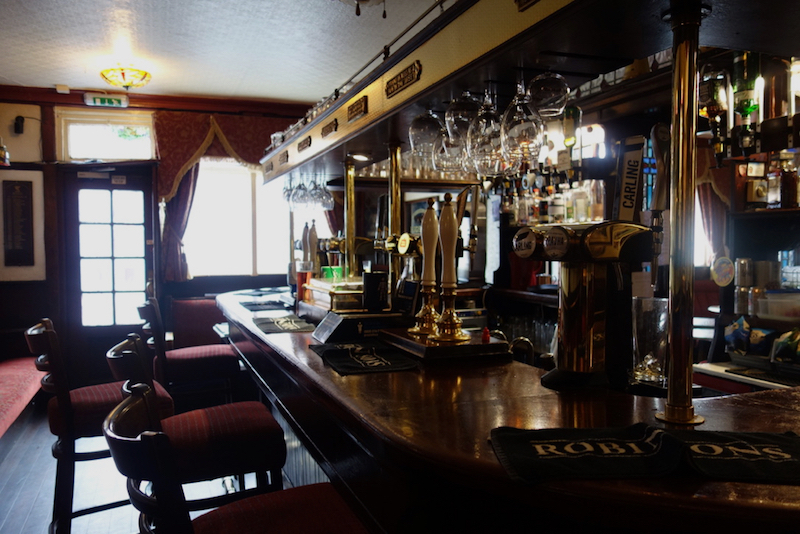
The father of three, who runs the Volly with wife Jen, says it took more than a dozen goes to get the Three Graces recipe right.
“We started with the concept of rose gin after one of the partners travelled to Canada. He found a small batch gin which was quite heavy with rose petals so he brought a bottle back.
“We knew that the market for pink gin was about to boom over here and we even thought of just importing the Canadian liquid and marketing it here. But they sold out to a major so we decided to have a go at making something similar.
“Then we thought we can make something better. We just kept going and made a couple of batches that were unnecessary before we chose to go back to an earlier version.”
Dry, delicate and complex all at once, Three Graces begins with the aroma of rose before delivering a heavy citrus kick then making way for an aftertaste of warm spice and liquorice.
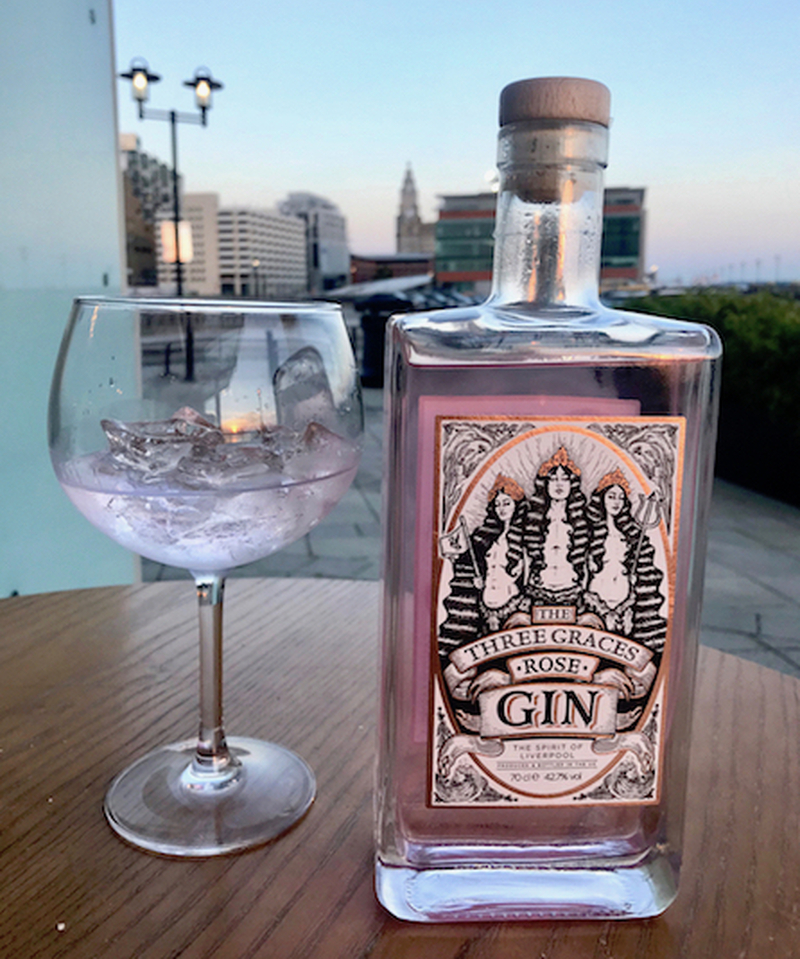
The three-way partnership is based in the Liverpool Film Studios, in Kirkdale, and the gin itself is distilled at a small facility in Chorley with just 1,000 bottles coming out in every batch and a lead time of a fortnight because there is only one machine in the UK that can produce the label’s silver foils.
“Obviously the Three Graces denotes the Liverpool waterfront,” says Sam. “But it transcends Liverpool because the label depicts the original Three Graces, the Three Sirens from Greek mythology.”
That would be Aglaia, Thalia and Euphrosyne, then.
“Yes. I was actually looking at the under-representation of females in history, when I was thinking about a name and I even thought about the story of Grace O’Malley the Irish pirate, which is absolutely fascinating, but that would have made it sound like an Irish gin. So I had the name Grace in my head and one day, working on the bar, I had a eureka moment.”
Miniature gift sets are likely to follow and a Three Graces premium gold rum is in the pipeline. Most rum is imported, but this will be produced here.
“You can count on one hand the number of rum distilleries in the UK because it costs so much to import molasses and sugar cane,” Sam says. “We hope to have it out by Christmas.”
In the meantime, despite the thirsty summer drought, in Waterloo it’s proving to be good year for the roses.



